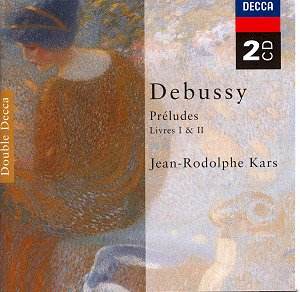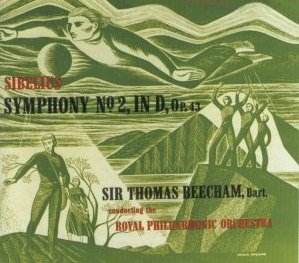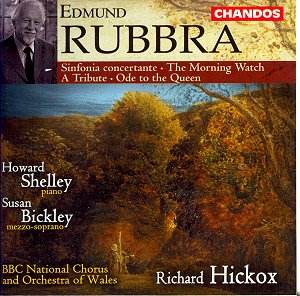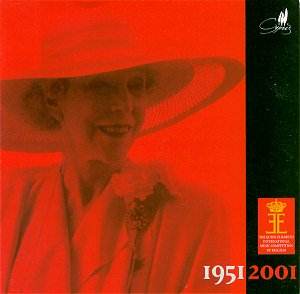 Composer: Johannes Brahms
Composer: Johannes Brahms
Works: Piano Concerto No. 2; Paganini Variations, Op. 35
Performers: Julius Katchen, piano; London Symphony Orchestra, conducted by Janos Ferencsik
Recording: 1960 (Concerto), 1965 (Paganini Variations)
Label: Decca Eloquence
Brahms’s Piano Concerto No. 2, composed between 1881 and 1882, is a monumental work that showcases the composer’s mature style, blending the lyrical with the structural. The piece stands as a testament to Brahms’s mastery of orchestral texture and piano writing, a synthesis of his symphonic ambition and the virtuosic demands typically associated with the piano concerto genre. Julius Katchen’s interpretation, captured in this Decca Eloquence reissue, offers a glimpse into the artistry of a pianist who, despite his early passing, left an indelible mark on the Brahms discography.
Katchen’s performance under Janos Ferencsik presents a compelling, if at times uneven, interpretation of the concerto. The first movement unfolds with a rich, resonant tone, though occasional rawness suggests an underlying tension between the piano and orchestral forces. Katchen’s approach to the asymmetrical accents—while occasionally mannered—invites a fresh perspective on Brahms’s rhythmic complexity. However, moments such as the filigree runs, particularly around the 12:30 mark, reveal a troubling stasis that diminishes the otherwise dynamic flow. The interplay between Katchen’s left hand and the strings illustrates a desire to maintain momentum, yet at times, this leads to a disjointed experience, especially during the lyrical passages that struggle for cohesion.
The second movement, marked by its angularity, is characterized by strong left-hand accents, revealing the intricate dialogues Brahms constructs within the piano and orchestra. Katchen’s execution, while vigorous, occasionally falls prey to a lack of expressive flexibility; the melting melody at 5:10 feels underplayed, as if Katchen’s desire for clarity overshadows the necessary lyrical impulse. This balance between clarity and expressiveness is a recurring theme throughout the performance, leading to a somewhat stilted reading of the Andante. Here, Kenneth Heath’s cello introduction offers a poignant contrast, yet Katchen’s subsequent entry lacks the fluidity required to fully engage with the cello’s lyrical line, resulting in a somewhat lumpy execution.
The finale presents further interpretative challenges, as both conductor and soloist struggle to establish an effective rhythmic pulse. The result is a performance that, while technically proficient, often feels overly calculated, with predictable accents and ritardandos that detract from the natural spontaneity inherent in Brahms’s writing. The air of calculation, while not entirely detrimental, does raise questions about the interpretative choices made throughout the concerto.
In stark contrast, the Paganini Variations, recorded five years later, showcase Katchen’s formidable technique and flair. Here, his playing bursts forth with virtuosic brilliance, particularly in the Variations in sixths from Book One, which he executes with panache. However, the uniformly brisk tempo occasionally detracts from the more introspective qualities of Brahms’s writing. The editing becomes evident with noticeable cuts, especially at 10:57 in Book One, which disrupts the otherwise commanding presence Katchen maintains. Despite these technical shortcomings, his command over the variations offers a refreshing vigor that is somewhat absent from the concerto.
While Katchen’s interpretations of Brahms are not without their flaws, they nonetheless reflect a deep engagement with the music. The juxtaposition of the expansive Piano Concerto No. 2 with the youthful exuberance of the Paganini Variations creates a recording that, despite its inconsistencies, remains a valuable addition to Brahms’s recorded legacy. The complex interplay of Katchen’s artistry and the orchestral backing under Ferencsik provides insights into both the triumphs and challenges of interpreting Brahms, leaving listeners with a rich, albeit imperfect, musical experience.



